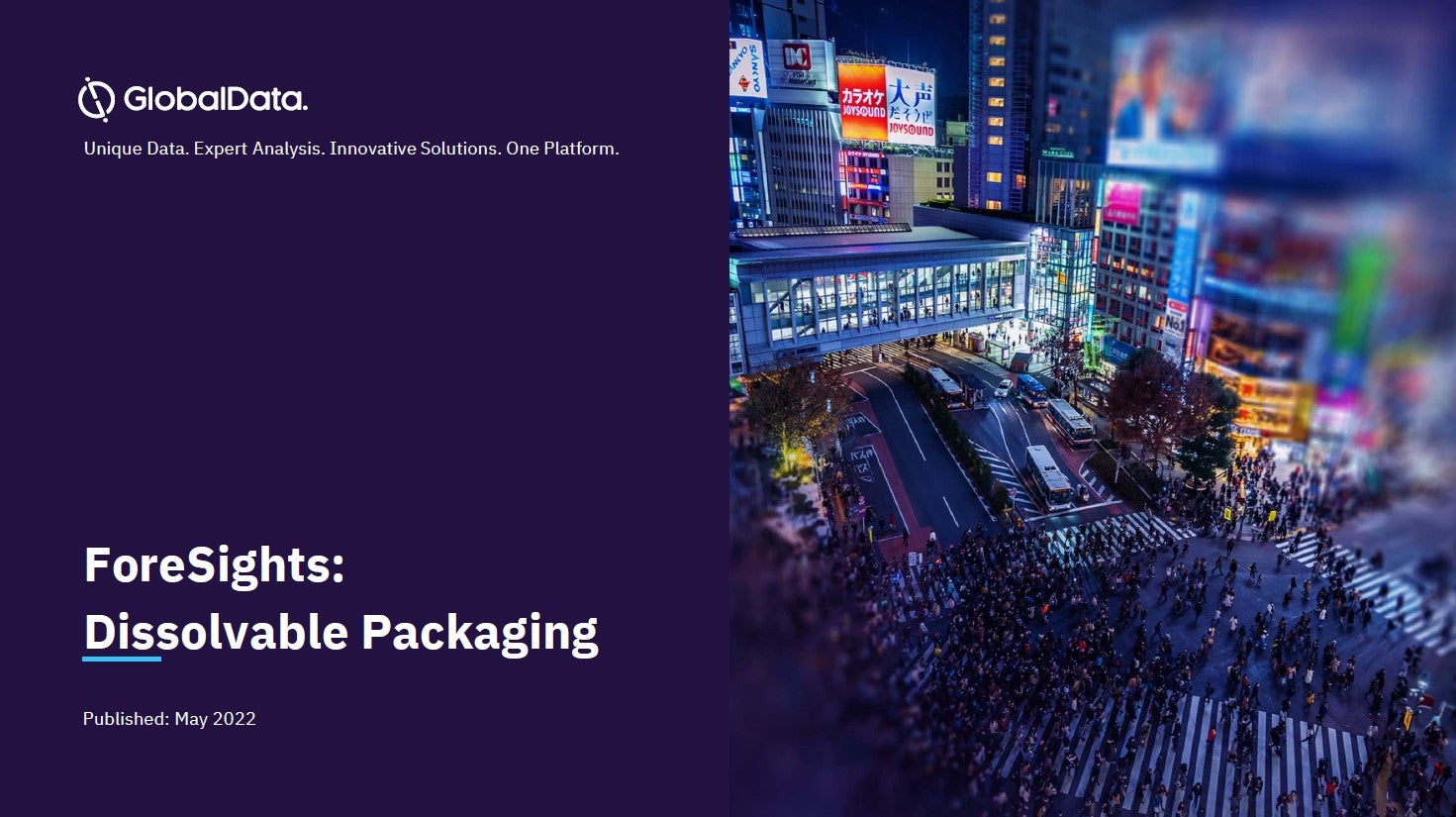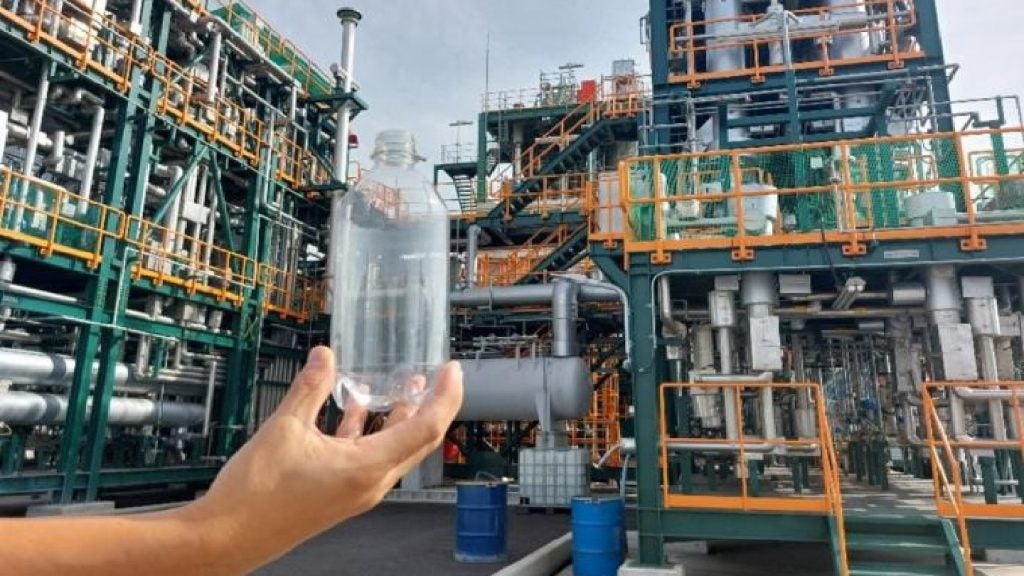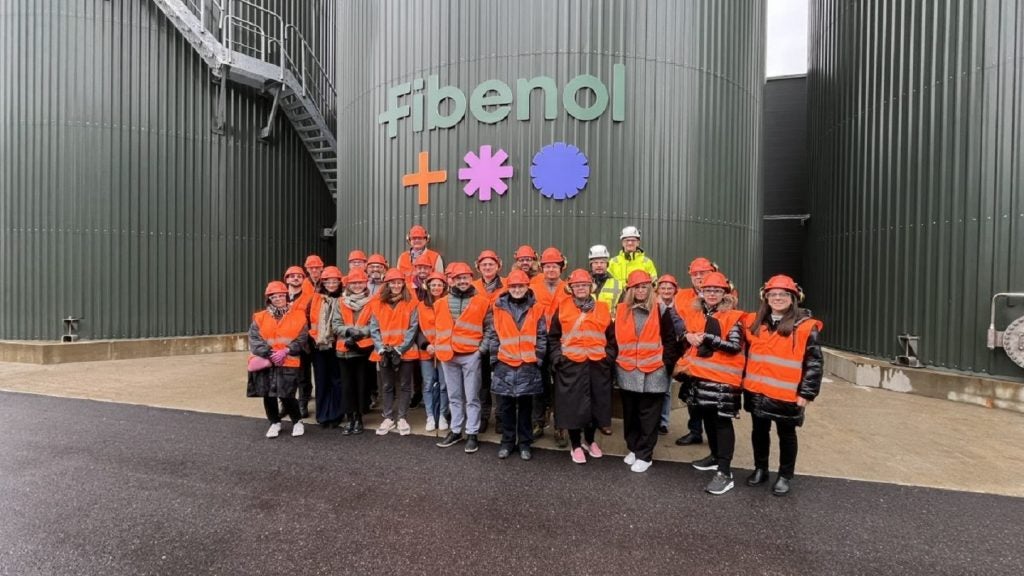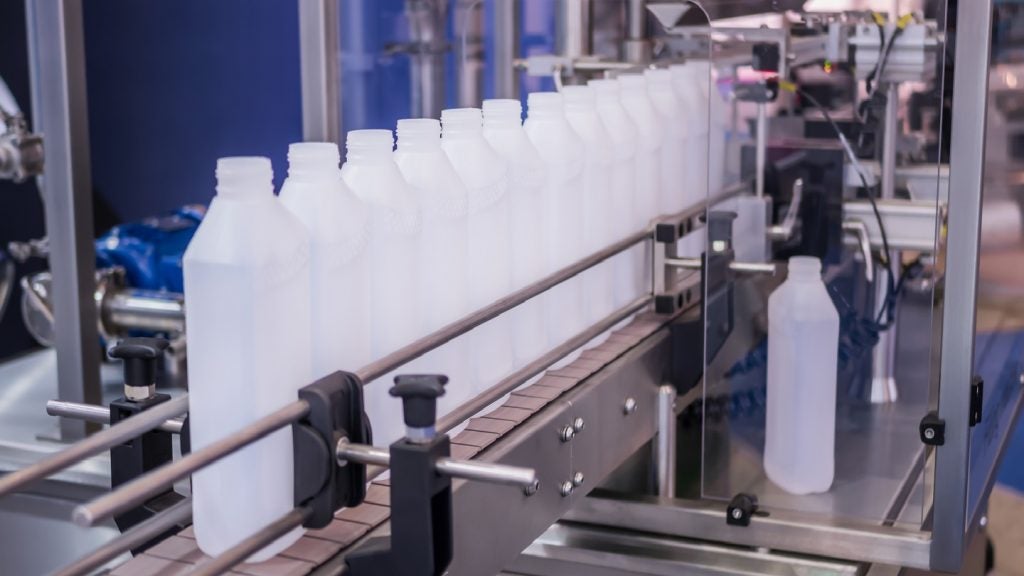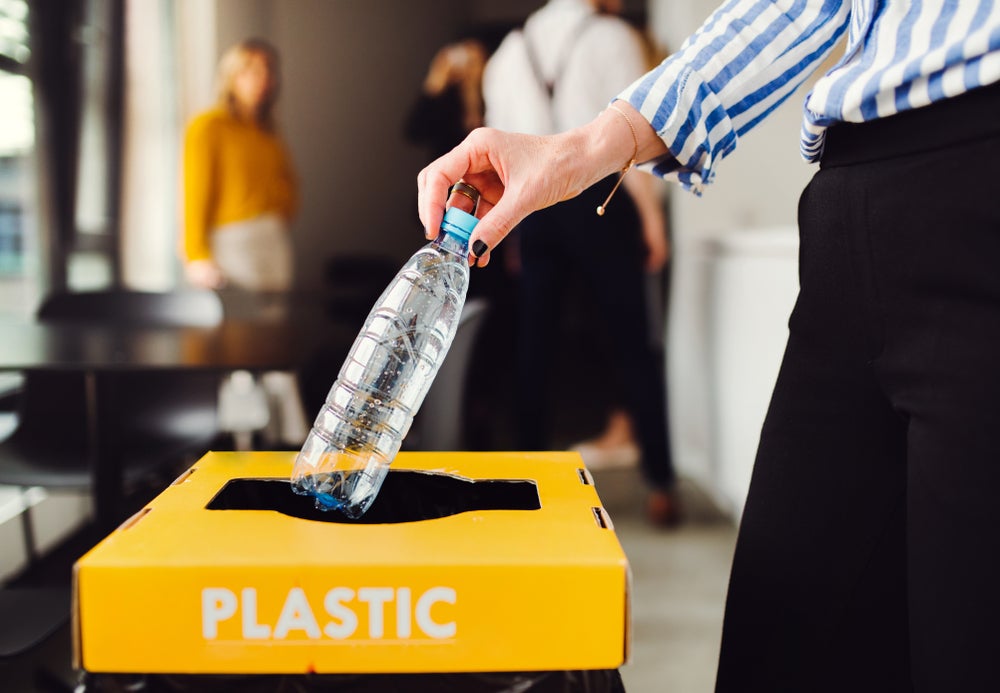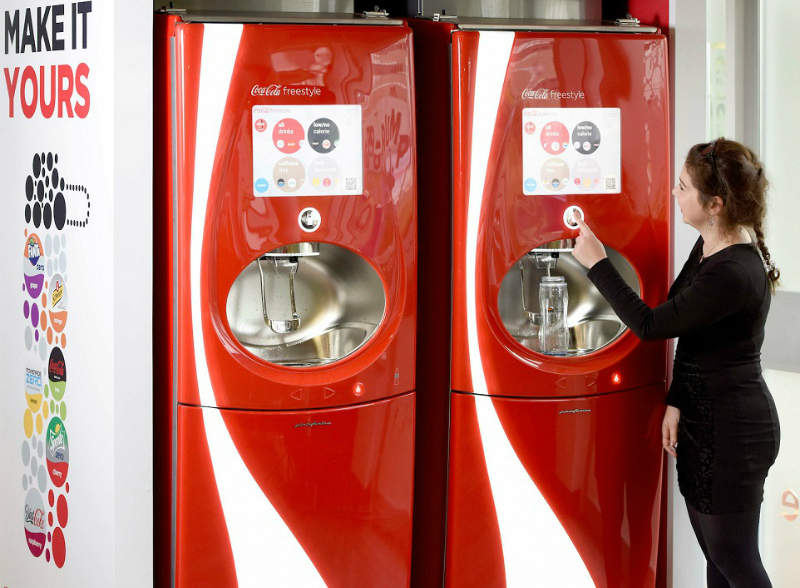
There has been much talk lately on the sustainability of packaging and its environmental impact, especially of plastic waste. Even David Attenborough has called for action on plastic packaging, citing the impact he has witnessed on the world’s oceans. While changes to recycling strategies are being requested, some believe the future of sustainable packaging lies instead in the realm of technology.
Coca-Cola European Partners (CCEP) has partnered with the University of Reading to seek a solution to the problem of drinks packaging. 650,000 plastic bottles are used at the university’s campus every year, but by using smart dispensers and microchipped refillable bottles, the two organisations hope to change that.
How well do you really know your competitors?
Access the most comprehensive Company Profiles on the market, powered by GlobalData. Save hours of research. Gain competitive edge.

Thank you!
Your download email will arrive shortly
Not ready to buy yet? Download a free sample
We are confident about the unique quality of our Company Profiles. However, we want you to make the most beneficial decision for your business, so we offer a free sample that you can download by submitting the below form
By GlobalData“We want to play an active role in identifying new ways to reduce packaging and help protect our environment,” says CCEP head of sustainability Nick Brown, “The innovative system can help students and staff access their drinks with refillable bottles and therefore reduce their own packaging footprint – all through the use of smart technology.”
Encouraging sustainable packaging practices
Half of the plastic we use is single-use, being thrown away almost immediately, so if action is to be taken, our casual attitude to packaging seems like a pretty great place to start. Around the world, one million plastic bottles are bought every minute, and at current rates, more than half a trillion will be sold by the end of the decade, so this undoubtedly an area where any innovation is welcome.
The implementation of Reading’s smart dispensers is only on a trial basis but is still an encouraging move. Coca-Cola is the largest soft drinks company in the world, so has a responsibility to both reduce the environmental impact of its goods, as well as to encourage responsible practices in its customers. As Brown puts it, “An important thing for businesses to remember is that while technology like this can be a useful way to support sustainable operations, people will remain vital to tackling the core challenges of sustainability and environmental responsibility.”
The microchipped bottles for the machines cost £9.95 and include two free fills. The chip can then be used in a manner similar to contactless payment. Drinks can be pre-paid in multiples of 10, or an entire term of refills can be bought in one go. As a result of student feedback, free filtered water is also available, for any bottle brought to the machines.
Building a taste profile?
Coke does need to be careful though. The technology will allow it to track trends and gain useful insights, such as which drinks are most popular. Tracking individual habits, however, is not always popular and could put consumers off.
The data tracked through this technology will allow us to explore consumer behaviours towards refillable bottles, which will then be paired with ongoing conversations with students and staff to help understand their attitudes to the new system,” says Brown.
While the opportunity to obtain accurate data from customers could encourage more companies to take up CCEP’s smart-dispenser approach to packaging waste the question remains of whether individuals would be willing to give up personal information on their taste preferences and recycling habits for the sake of saving a few more bottles.


